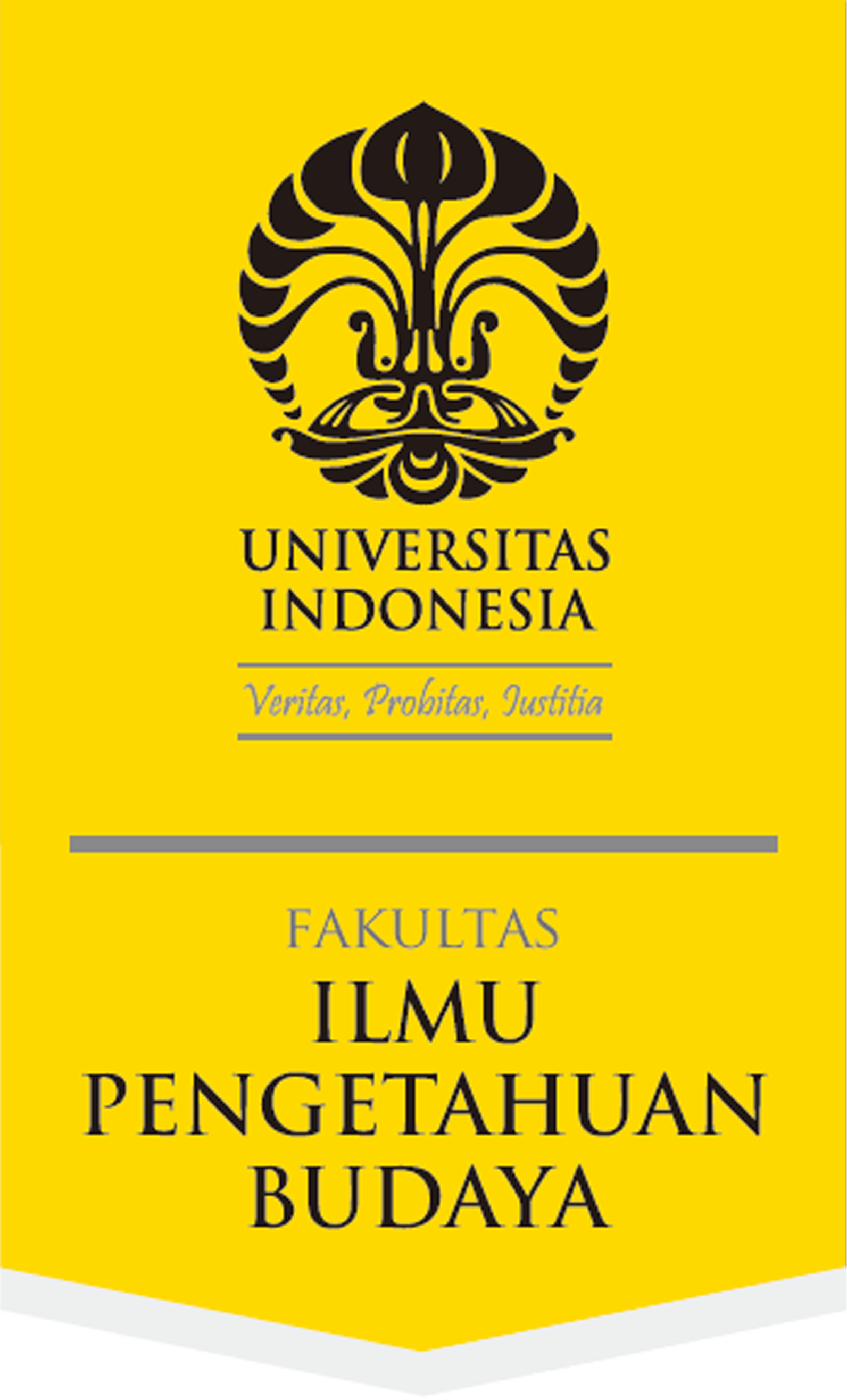Abstract
Old Javanese tales like Adiparwa and Sudamala are full of elements of curse cast by a man or a god. The curses take the form of words uttered full of emotion and anger to the addressee. Curses may result in a physical transformation or a change in the fate of the person cursed. A curse cast by a god demonstrates the power. A curse, however, eventually produces blessing. Curse and blessing are two things that are different from and opposite to one another.
References
Eliade,Mircea (ed.) (1987, The Encyclopedia of Religion. New York: Macmillan Publishing Company.
Hastings, James (ed.) (1961), Encyclopedia of Religion and Ethics. New York: Charles Scribner’s Sons.
Juynboll, H.H. (1906), Adiparwa. Den Haag.
Ions, Veronica (1968), Indian Mythology. London: The Hamlyn Publishing Group Limited.
Widyatmanta (1958), Adiparwa. Yogyakarta: Lembaga Adat Istiadat dan Cerita Rakyat, Ditjen Kebudayaan Departemen Pendidikan dan Kebudayaan.
Wijayanti, Dyah (1992), “Aspek Lingkungan dalam Kakawin Sumanasantaka”. Tesis Pascasarjana FS-UI, Depok (tidak diterbitkan).
Zoetmulder, P.J. (1985). Kalangwan. Jakarta: Penerbitan Djambatan.
Recommended Citation
Retno, Dwi Woro
(2005)
"Kutukan dan berkah dalam cerita Jawa Kuna; Sebuah refleksi sikap arogan para pemilik kekuasaan,"
Wacana, Journal of the Humanities of Indonesia: Vol. 7:
No.
2, Article 4.
DOI: 10.17510/wjhi.v7i2.300
Available at:
https://scholarhub.ui.ac.id/wacana/vol7/iss2/4









